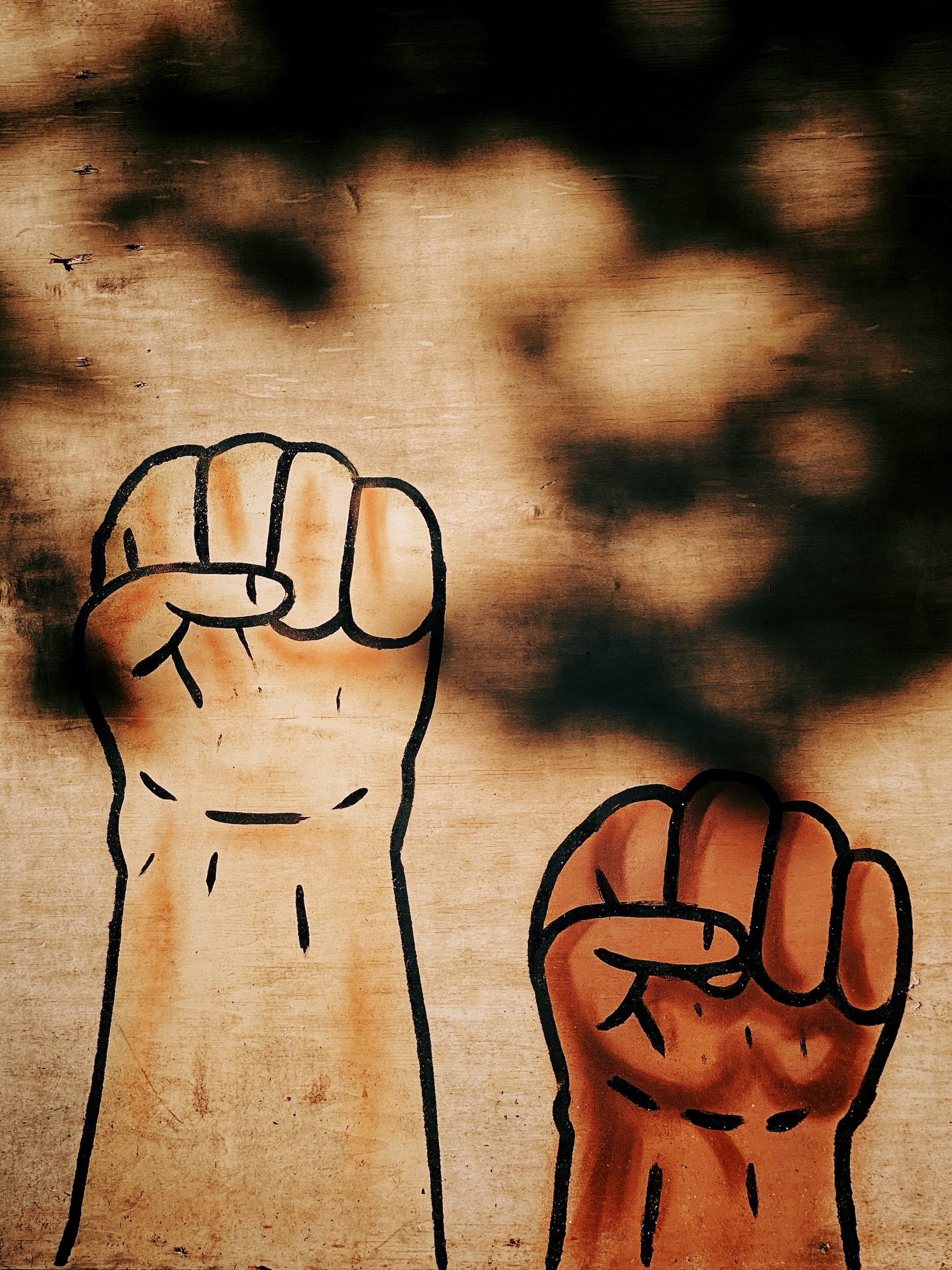In the past 20 years, we have seen increased interest and investment in universal school-based social and emotional learning (SEL) that supports children to thrive in school and beyond. This movement has been backed by policy changes at the national level, including the Every Student Succeeds Act of 2015 which requires schools to measure at least one indicator of student social, emotional, and behavioral health in addition to academic benchmarks.
As such indicators of school quality beyond academics have come to the forefront, two needs have emerged: evidence-based interventions and rigorous assessments that can provide sound and useful feedback.
While many new tools and programs have emerged in the last decade to fill these needs, historically marginalized students have not shared equally in the benefits. In some cases, these interventions, practices, and policies have contributed to inequalities, inaccessibility, and punitive educational practices that adversely impact minoritized youth.
This is an area in which additional research is desperately needed. We can’t have evidenced-based practices without the evidence, and yet a recent review of universal, school-based SEL found that nearly 75 percent of studies did not even report student race in their results.
Trajectory of Hope, The Urban Assembly, and Yale University have come together to ensure that social emotional learning, and the accompanying SEL assessment tools, are harnessed for good - to promote equity and to help identify and eliminate racism and other exclusionary practices in research, in programming, and in policy.
To date, Yale researchers have designed tools for schools that are psychometrically sound and that incorporate diversity in stimuli, samples, and design. We have created them to be accessible and useful to schools.
This is the next step for all new SEL assessments and interventions: to ensure schools have access to tools and that data is built into decision making regardless of resources, demographics, or locale; that they have meaning for, reflect the experiences and enlist the support of all students and teachers; and that they promote equity.
In this current three-year project, we have identified three major objectives:
-
Explore and understand how SEL assessment tools developed at Yale University work independently and in concert with each other when applied by organizations in schools with the stated goals of identifying and dismantling student outcome disparities, systemic biases, and/or exclusionary practices.
-
Identify how SEL assessment tools developed at Yale University support ongoing and established practices of Urban Assembly and Trajectory of Hope in fostering school-wide social and emotional health. Determine what adaptations or refinements to the tools are necessary to deliver a fully accessible, scientifically rigorous, and useful suite of digital assessments.
-
Provide proof of concept of tool integration with data-systems native to schools in two different models – those of Urban Assembly and Trajectory of Hope - that will help these organizations become leaders in this space and yield information to make impactful policy statements regarding the resources, services, and staffing necessary to use tools and incorporate data in decision-making.
Assessment Tools
The new tools for schools included in this study are psychometrically sound, accessible, and pragmatic. They incorporate diversity in stimuli, samples, and design to address exclusionary practices in research.
To learn more about our tools, watch the video below!
English version
Spanish version
School Climate Walkthrough
The School Climate Walkthrough is a web-based school climate assessment tool for secondary schools. Students complete “the Walkthrough” in two parts over the course of a typical school day - 15 minutes in the morning, answering questions about their overall opinions of their school, and 15 minutes in the afternoon, completing a checklist of their observations from that day at school.
Momentary Emotion Assessment (MEA)
The Momentary Emotion Assessment Tool tracks how students feel and how they respond to their emotions at school. This tool could be used by researchers and educators to understand momentary emotions and how they change, and to capture the effects of interventions designed to improve students’ experiences at school.
Student Emotion Regulation Assessment (SERA)
The SERA is a direct assessment that measures students’ use of various emotion regulation strategies (e.g., problem solving, emotional support-seeking, somatic relaxation, distraction, rumination, and experiencing the emotion) to deal with emotional situations that commonly occur in school.




